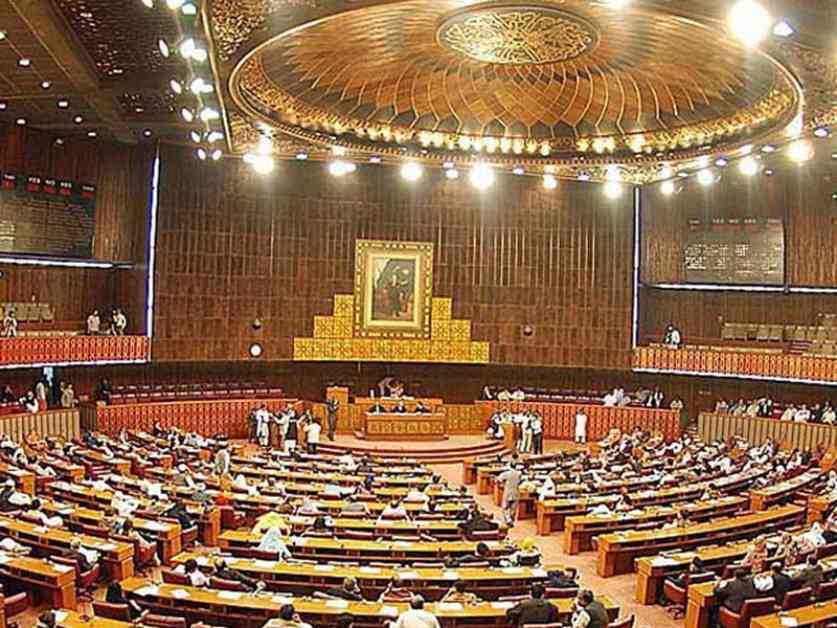Title: National Assembly Approves Significant Pay Increase for Parliamentarians
In a recent development, the National Assembly’s Finance Committee has greenlit a proposal to raise the salaries and benefits of members of parliament (MPs) to align with those of federal secretaries, as reported by Express News. This decision marks a pivotal moment in the ongoing discourse surrounding parliamentary compensations.
The approved proposal is now awaiting the attention of Prime Minister Shahbaz Sharif, who will review the summary before finalizing the new salary and benefits structure for Members of National Assembly (MNAs) and Senators. Once implemented, MPs can expect a monthly remuneration of 519,000 Pakistani rupees, a substantial increase from their current earnings.
The impetus behind this move stems from a fervent plea by 67 members of the Pakistan Tehreek-e-Insaf (PTI) party, who have long advocated for a raise in their salaries. Notably, this sentiment was echoed by other prominent political factions, such as the Pakistan Peoples Party (PPP) and Pakistan Muslim League-Nawaz (PML-N), indicating a broad consensus within the Assembly.
Despite calls for a more significant raise, Speaker Ayaz Sadiq upheld fiscal prudence by rejecting demands for a monthly salary of 1 million rupees. Instead, the Finance Committee has been entrusted with the responsibility of determining appropriate pay increments for MPs within the framework of the 2024-2025 financial budget.
This decision has sparked both anticipation and apprehension among parliamentarians, as they await the final verdict on their remuneration packages. If approved, MPs stand to enjoy a slew of benefits on par with federal secretaries, marking a significant shift in the landscape of parliamentary compensation.
As the nation awaits Prime Minister Sharif’s decision on this matter, the implications of this salary increase reverberate across political circles, igniting conversations on fiscal responsibility, public service, and equitable compensation. The outcome of this deliberation will undoubtedly shape the future trajectory of parliamentary dynamics in Pakistan, underscoring the delicate balance between public service and financial sustainability.









